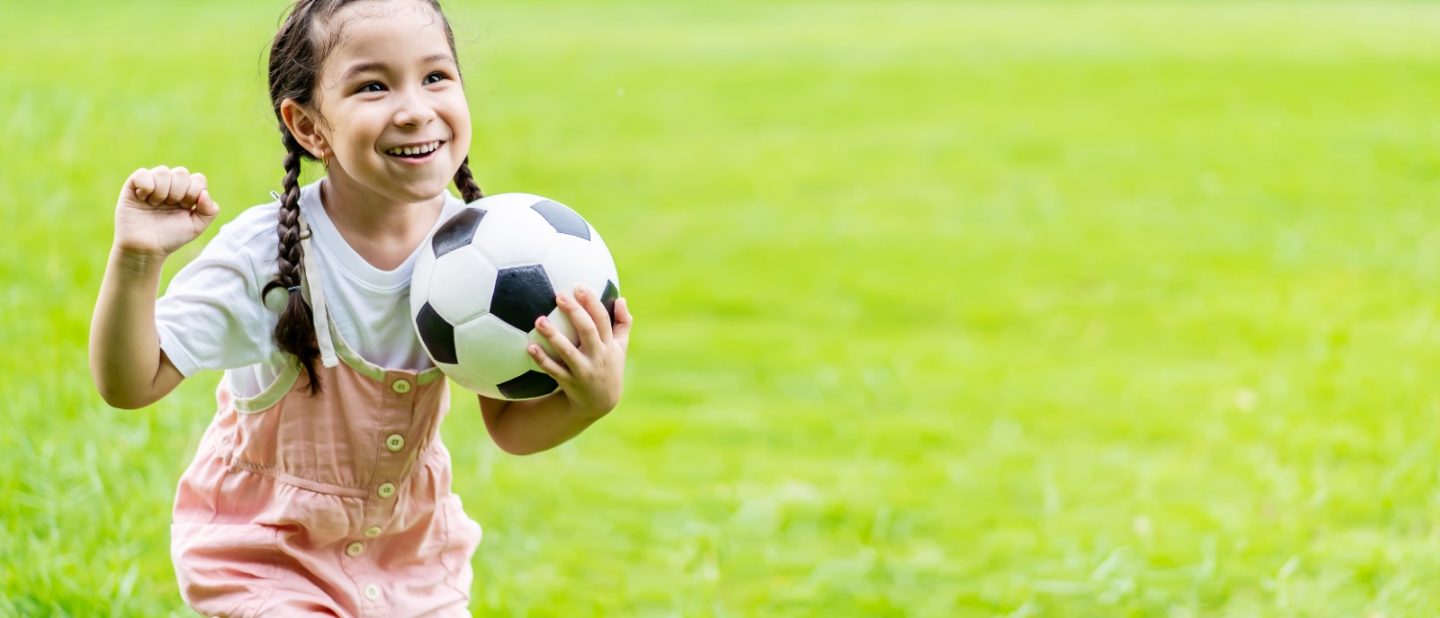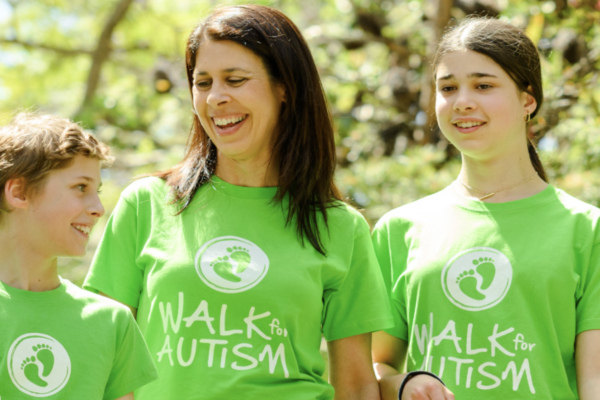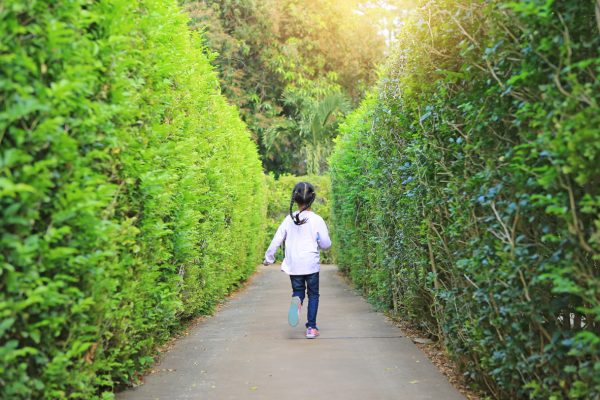
The benefits of outdoor play
Running around, free as a bird, arms outstretched like an aeroplane. Swinging high – as high as you can go – ‘higher, mum, higher’. Hitting a cracker of a shot with the bat and racing, as fast as possible, trying desperately not to be out. Being a pirate in a fort. a princess in a castle. mud pies. Water fights. Catch.
Playing outside is one of the undeniable joys of childhood. Of course, it’s not exclusively for children, but it’s funny how often when playing outside as an adult, we say something like “I feel like a kid again.” It is the epitome of an idyllic childhood: being free and innocent, when the only responsibility was to be back before dark.
And yet, for so many reasons, children today just don’t play outside like we did.
There is the safety aspect:
Parents are concerned about keeping their children safe in a way that just didn’t seem to be prevalent a generation ago. Helicopter parents hover over their small children in the park, concerned that anything they are unable to manage themselves will cause untold physical or emotional damage. Children aren’t allowed to just play on the street outside their houses: there are too many cars, too many potential abductors, too many bullies. There can also be some very real safety concerns with children with a number of diagnoses and a lot of parents have genuine anxieties regarding allowing their children to play in the playground: ‘Will he bite? Will she run away? Will they climb too high and fall?” It can also be tricky to manage the logistics of an outdoor excursion and that unfair feeling when all the other kids are participating in a game that your child can’t physically access.
There is the technology aspect:
There isn’t just one TV in the house with a couple of channels anymore. Even the youngest of children are plugged in to their mobile devices and often never get into the habit of finding their entertainment away from what is delivered on a platter. They don’t really know how to play an unstructured game and they don’t care to learn.
There is the ‘everything costs more’ aspect:
Most people have to rely on two incomes to support their family, which means that lazy afternoons after school or days during the holidays, with Mum pottering in the kitchen while you and your mates lurked around complaining you were bored and making up entertainment, are a thing of the past. Parents are at work. Children are in structured after-school and vacation care programs. And even if they aren’t, the Aussie standard massive backyard is also going the way of the dinosaur, with blocks shrinking and houses increasing – leaving not much space for the backyard game of cricket.
There is the ‘it must be a scheduled activity to count’ aspect:
Violin, dancing, karate, swimming. If it’s on and there’s an opening, your child is going. There is no way he is missing out. Besides, he is so musical and he doesn’t like sport much so he needs something like Karate so he doesn’t get teased.
And between the activities, and the care, and school, and homework, and catching up on therapy it doesn’t seem so terrible that the bit of downtime that they do have is on their device. They love it – and let’s be frank here – it is a convenient way to keep them entertained and safe while you make dinner, get some laundry on, try to have a three sentence conversation with your partner and check Facebook. Much easier than having to force them outside and then stand around and supervise them, because, you know, outdoor dangers.
So, were we just misguided back in our day? Did we just think the outdoors was so great because we didn’t have anything better to do? Should we just accept that it’s about as relevant to today’s life as the VHS and move on? Is there any actual value to getting outside?
The Importance of Outdoor Play
Physical activity:
Our bodies are made to move. They need to move in purposeful ways every day to build strong muscles and skeletal structures that will carry us around for all our days on this earth. It doesn’t really matter what platform we have to begin with, encouraging muscles to work, to perform physically, is essential. The outdoors provides a perfect environment to practice emerging physical skills in a fun environment. Let’s face it – it’s easier to move around outside. There’s more space. And less chance of knocking the statue that nana gave you as a wedding present o the mantelpiece. And it’s much more fun. Any person who spends an hour a day slogging it out on an indoor treadmill is going to be able to con rm that. Lots of our children do not have the physical strength or capability to run around, but that doesn’t mean they can’t race around in their chair – independently or aided. Or be placed into a swing and work on their core strength while enjoying the sensations. Or be helped into a specially designed cubby to participate in the fort game.
One of the major health issues of our time is obesity and a sedentary lifestyle, along with poor diet, can contribute to this. Allowing the opportunity to play outside and move around can provide children with a fun way to exercise without thinking it’s a four letter word.
Sensory explosion:
Children raised on a diet of video games and television only really exercise their visual and auditory senses while playing. Outdoor play opens the possibilities to really experience the smell of freshly cut grass, the feel of a smooth pebble, the taste of the metal on the slide (let’s not get too idyllic here). Allowing all five senses into play creates a fuller and more satisfying experience for the brain and a more thorough understanding of the world around them.
It’s great for their – and your – health:
Fresh air. Breathe it in. It’s just not the same indoors. Allowing yourself some downtime to enjoy your children, in the outdoors, with a little sunshine on your back is great for your mental health, builds the relationship between you, creates memories and gets in a healthy dose of Vitamin D (just remember to be sun smart). It can be hard to stop; put the never-ending list of chores and obligations to one side, and be really present with your child but even if it’s only for a short amount of time, your relationship and mental health will bene t. If it is impossible for your brain to switch off, perhaps you could try scheduling the time into your diary – that way it is an actual ‘legitimate’ activity and not just a quick skive to feel guilty about. If you run around, lift, swing, play and laugh your endorphin lift will make you all want to come back for more.
Sleep … sweet, sweet sleep:
Physical activity tires kids out so much more than sedentary play. Having the opportunity to work – and tire – their bodies out should definitely go a long way to helping your child have a better night’s sleep. Time outdoors during daylight hours is also essential for the proper working of the Pineal gland, which regulates sleep.
Learning through play:
Children playing together outdoors tend to work out games, make up rules, and learn about teamwork and sharing in a fairly autonomous environment. Even if your child requires a fair amount of support, they can still be left, with you watching on at a careful distance to enjoy a little freedom and personal responsibility. Children being children together creates a very different dynamic to the one set up when adults are involved and they often enjoy that little bit of independence. Usually the Lord of the Flies isn’t re-enacted. If you are concerned about your child’s behaviour and how they manage in informal social settings, check out our behaviour management tips.
Building self-esteem:
Managing to sit in the big kid swing, touch the sand in the sand pit, play with the other kids, walk on the balance beam, climb the stairs to the slide: it doesn’t matter what your child’s physical goals are, achieving them makes them feel good about themselves. Playing outdoors creates the opportunity to practice and try things out until your child can manage them without the pressure or expectation often felt in a more formal therapy setting. Your child managing their first ever trip down the slide or climbing up a tree, or walking from their adaptive stroller towards the swing is an incredible moment – for you and for them.
Contact with nature:
Contact with nature reduces stress, can lessen symptoms of ADHD, is helpful for those suffering from anxiety- related disorders and is an incredible learning platform. It also enhances creativity and cognitive ability. Introducing children to the outdoors and nature can open the dialogue for all sorts of new enquiry and exploration. They can also begin to see and experience first-hand how the world around them works: how the leaves change colour as it begins to get cooler and autumn approaches and then fall o the tree when its winter – and how those leaves start to feel different from the fresh green ones of summer.
Playing outdoors certainly is worthwhile and can be a wonderful experience, too. It doesn’t have to be a massive event – and you can structure it to t into your life. Just remember how much fun you always used to have and push that swing higher, Mum (or Dad)!







